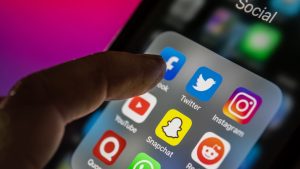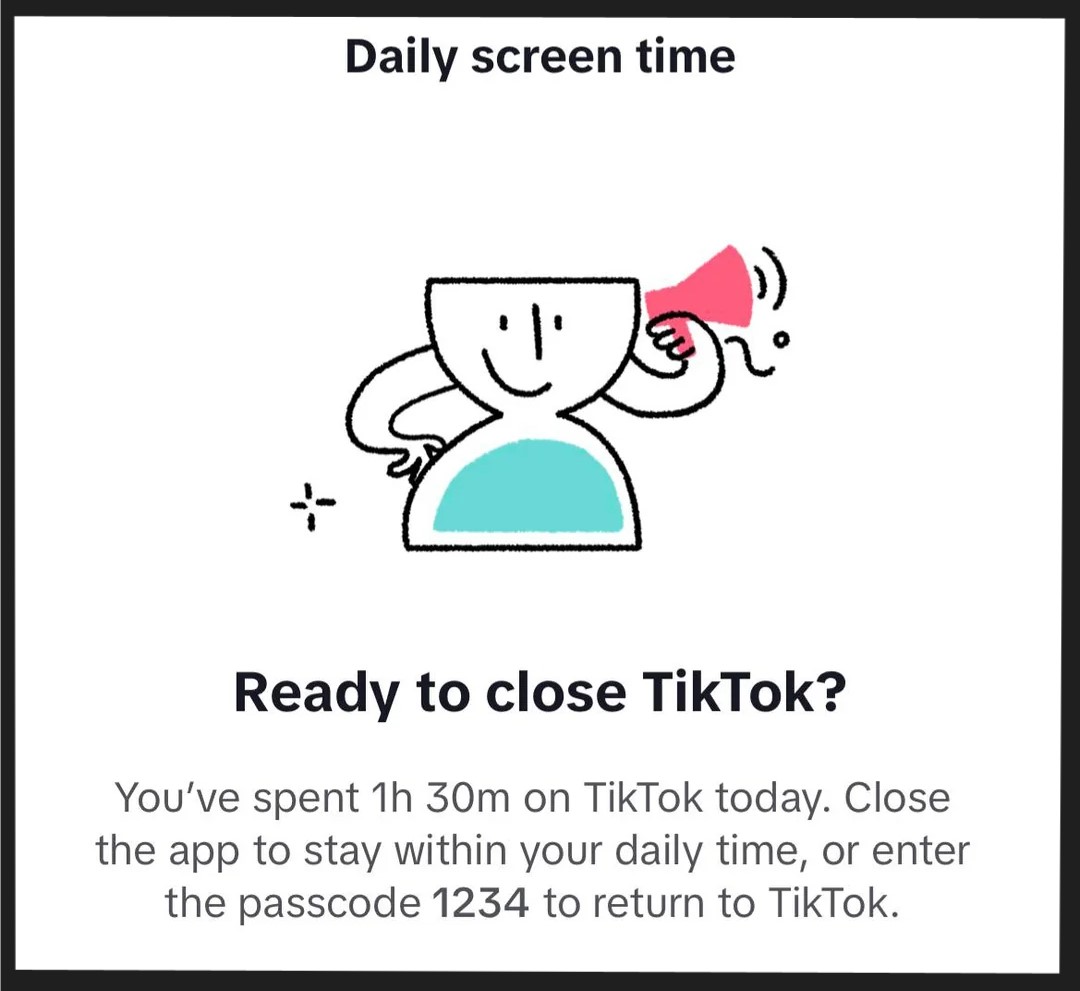Do you ever find yourself scrolling for what seems like only ten minutes, and then you glance at the time and it’s already been an hour? With the emergence of faster paced content due to social media apps like TikTok and Instagram, it has become easier than ever to get distracted by technology. As more captivating features are added to these apps, screen times climb, which causes many people to acknowledge their phone addictions and try to make a change in their usage. A fairly recent trend has begun, especially among young social media users, to take a break from social media or their phones as a means to curb this addiction.
“I don’t really know how long [I’ve] used social media, but a long time,” Katelyn Morton (9) said. “[I used] Instagram, Snapchat, and Tiktok too the most.”
There are a multitude of reasons that people can find themselves glued to their phones, but social media is often one of the largest culprits because of a user’s ability to connect with friends and consume content that caters specifically to their interests and viewing habits. It is the acknowledgement of these reasons that affect people’s decisions to stay on their phones.
Although it can be a place for funny jokes or uplifting content, the opportunity for expression on many platforms can quickly go south. Between backhanded comments to targeted cyberbullying, these apps can quickly send their users down a depressive wormhole. Especially since many users are adolescents, consuming such negative content during an important time of development can be extremely harmful.
“I was just kind of overwhelmed with [school], and I was also just trying to focus more on stuff that I actually wanted to do, and I find that I scroll a lot,” Morton said. “There’s also just so much negative, so I was just like ‘let me take a break from that’ because it’s just too much sometimes.”
The creators of platforms like Snapchat, Tiktok, and Instagram have recently received a lot of criticism because of the types of content available to adolescents and the amount of time that young people spend on the app. In many instances, lawsuits have been filed against the CEOs of Meta, Tiktok, Discord, and even Google because of the harmful impacts of their apps.
To take a stand against the negative implications of social media addiction, many app creators have given their users the option to limit their screen time or insert reminders every so often for people to take a break if they’ve been scrolling too long.
“A couple of my friends were taking breaks and I was just like ‘I should try that too’ just to see if it helps, and it did,” Morton said.

But at the end of the day, social media was created with the sole intent of allowing users to connect with each other and proponents of the apps believe they are extremely valuable when used in moderation.
“I [came back] when I had more free time again and I was happier and felt like I could [still] keep up doing stuff that I wanted to do and not get too focused on social media, so I felt like I could go back to it,” Morton said.
There continue to be many ways to curb a phone addiction and a social media break is just one of those ways. Whether it be a full break from technology or just a reduction in usage, any break is a step away from dependence on social media.
“Try it out because it’s definitely a good thing, and you can realize a lot more about yourself,” Morton said. “Spend some time away from [social media] and think about what you would want to do and just refresh.”




































